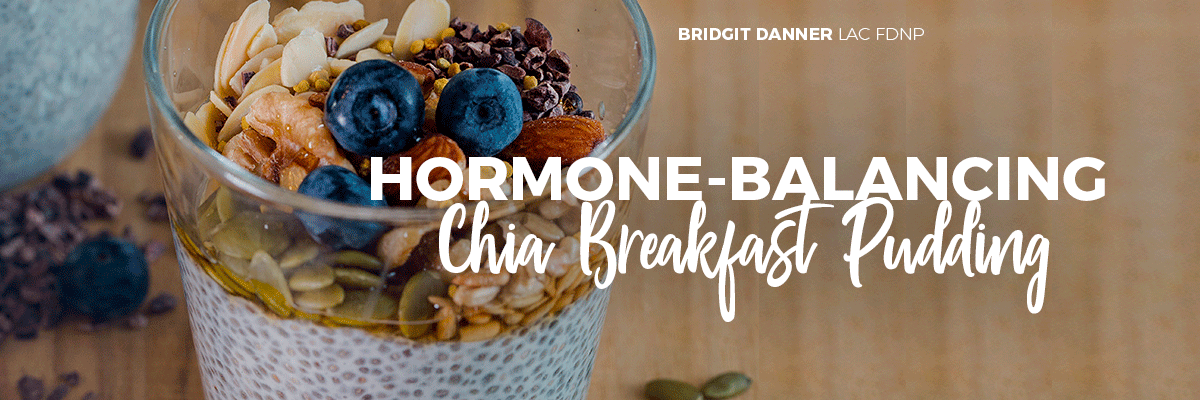How to Increase Athletic Performance and Recovery at Any Age
We all know the importance of becoming more athletic and how it can improve heart health, reduce brain fog, and keep our bodies strong throughout the course of our lives.
But have you ever felt like you’re not completely recovering from exercise?
Instead of feeling strong, athletic, and energized, you feel sluggish and slow?
The culprit keeping you from becoming more athletic may be oxidative stress.
In this article, we’ll discuss what oxidative stress is, what causes it, and what you can do to get yourself feeling more energized!
What Is Oxidative Stress, and How Can You Become More Athletic By Reducing It?
Oxidative stress can occur when there is an imbalance of free radicals and antioxidants in the body. (1) The cells in your body cannot keep up with the production of free radicals, which can cause damage to cells and tissues.
Free radicals are a normal part of the way our bodies function. In fact, they’re important for helping our body fight pathogens and sending signals between cells. (4) But too many free radicals results in imbalances.
Though intense exercise is an important part of becoming more athletic, it can contribute to an increase in these free radicals. Normally our body produces antioxidants to balance the free radicals our bodies produce from exercise, but aging can contribute to a decrease in antioxidant production.
Signs and Symptoms of Oxidative Stress
There is a long list of the signs and symptoms of oxidative stress, but here are a few you may notice in yourself while you’re pursuing high-level athletic performance.
Symptom 1: Chronic Pain
When your body isn’t recovering well from exercise, the imbalance between free radicals and antioxidants can lead to chronic pain. (8)
Symptom 2: Chronic Fatigue
This is the feeling of tiredness that you just cannot shake, even after resting and getting enough sleep. (2) When your body is overrun trying to deal with free radicals and oxidative stress, it has a hard time supplying you with enough energy!
Symptom 3: Increased Signs of Aging
An increase in free radicals can prevent our tissues from healing as they should, resulting in signs of aging. (3)
The continuation of oxidative stress can cause each of these above problems to become more severe. Being tired all the time, in particular, makes it more difficult to escape brain fog, find the energy to work out, make healthy choices, and keep up with the demands of everyday life.
And when you don’t have the energy to make good choices for yourself, it can cause a vicious cycle, leaving you feeling fatigued and listless.
What Causes Oxidative Stress?
Cause 1: Unhealthy Mitochondria
We’ve talked before about the importance of healthy mitochondria. They produce energy to help your cells (and your entire body) function. Free radicals and oxidative stress are a natural byproduct of your energy production processes.
Cause 2: Free Radicals in the Environment
Oxidative stress can also come from free radicals in our environment. These include cleaning chemicals, cigarette smoke, and pollution. You’re probably doing a great job of avoiding these types of toxins.
Cause 3: Exercise!
Did you know exercise can also cause oxidative stress? The problem is that as we age, our bodies’ ability to produce the antioxidants that naturally balance free radicals decreases. So even though you’re making beneficial choices by limiting exposure in your environment, the very act of exercising to keep your body healthy can increase free radicals.
How Can You Become More Athletic by Decreasing Oxidative Stress?
Reducing oxidative stress should be a top priority for anyone who wants to become more fit and naturally slow down signs of aging. There are a few steps you can take to reduce oxidative stress and increase your antioxidant levels.
Tip 1: Increase Your Intake of Antioxidant-Rich Foods
Antioxidants, as well as other beneficial nutrients, occur naturally in many types of fruits and vegetables such as blueberries, strawberries, and kale. Incorporate these into your daily diet for a natural antioxidant boost.
For more ideas on an anti-inflammatory diet, check out my very own dietary guidelines, the MATH diet, in this free ebook!
Tip 2: Reduce or Eliminate Exposure to Environmental Toxins
If you’re not sure where to start, how about your own kitchen? We share some amazing tips in this blog post.
Tip 3: Keep Exercising (Gently, if Needed)
When you’re exhausted, exercise is the last thing you want to do. But keeping a regular exercise regimen allows your body to naturally increase your free radical defense systems while becoming more athletic. (5)
If you’re dealing with chronic fatigue, try a gentle exercise, such as yoga or walking.
Tip 4: Get Enough Sleep
Melatonin is an antioxidant naturally produced by our bodies. To maximize your production of melatonin, be sure to get plenty of sleep in a completely dark room. (5) Sleep also naturally aids your body’s recovery from intense exercise!
We sell two great sleep aids- one herbal relaxant called Sleep Maintenance, and one is a time-released melatonin called Melatonin-SR.
Tip 5: Increase Antioxidants With Supplements
One of the incredibly important antioxidants which fight free radicals is known as Coenzyme Q10, or CoQ10. Originally discovered in 1957, scientists are still learning all the ways our bodies benefit from CoQ10.
Our bodies naturally produce CoQ10, but production decreases as we age. The amount of CoQ10 we need doesn’t decrease, though, and that’s why it’s important to supplement to maintain steady levels in our bodies. (6)
Becoming more athletic is one of the many benefits of supplementing with CoQ10. Supplementing a healthy diet with CoQ10 results in increased athletic performance along with benefits for your heart and brain. The benefits of CoQ10 for athletes are clear: studies have shown an increase in in aerobic power, anaerobic threshold, exercise performance, and recovery after as little as 4-8 weeks of supplementing. (7)
Not all CoQ10 supplements are the same, which is why I recommend our Mi CoQ10 supplement.
Bridgit Danner, LAc, FDNP, is trained in functional health coaching and has worked with thousands of women over her career since 2004. She is the founder of Women’s Wellness Collaborative llc and HormoneDetoxShop.com.
Check out her easy 5-Day DIY Detox Guide here!











Constipation is a common symptom in modern life, affecting up to 27% of the population, and it's common after toxic mold exposure. Coach Micki says she sees in about 90% of the time on our clients! If you are not dealing with constipation as a symptom, you may have loose stool or nausea. But why is this happening?